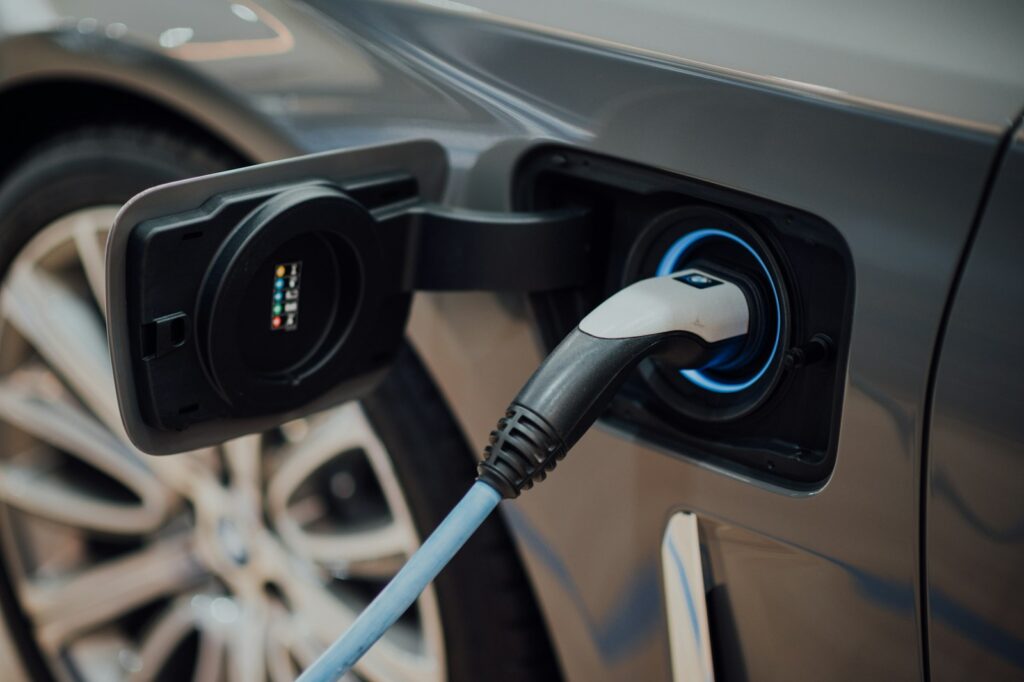Handling Auto Accidents Involving Electric Vehicles in New Jersey
With the rising popularity of electric vehicles (EVs), many drivers are navigating new terrain—not just on the road, but also when accidents occur. As EVs become a common sight alongside traditional gasoline-powered cars, it prompts an important question: Does the legal process differ when the vehicles involved are powered by electricity rather than gasoline? Let’s delve into whether the shift to electric mobility introduces any changes to the legal landscape following an auto accident.
Why EVs May Incur Higher Insurance Premiums
- Repair Costs: Electric vehicles often entail higher repair costs compared to traditional vehicles. This is due to several factors, including the need for specialized repair facilities equipped to handle EV technology, the higher cost of EV parts, and the expertise required to safely repair an electric vehicle’s battery and electrical system.
- Battery Replacement: One of the most significant expenses associated with repairing an EV after an accident is the potential need to replace the lithium-ion battery. These batteries are integral to the vehicle’s operation and can be costly to replace if damaged.
- Specialized Training for Repairs: Mechanics working on electric vehicles need specialized training to safely and effectively repair them. This specialized training adds to the labor costs for repairs, which can contribute to higher claims costs for insurance companies.
- Technology Integration: EVs often incorporate advanced technology, including sophisticated battery management systems and proprietary software, making repairs more complex and expensive.
Despite these factors leading to potentially higher insurance premiums for electric vehicles, the coverage and policy terms offered by insurers for EVs do not fundamentally differ from those for gasoline-powered vehicles. The case management and legal proceedings following an accident involving an EV run parallel to those involving traditional vehicles, focusing on determining fault, assessing damages, and compensating for injuries and losses.
Navigating EV Auto Accident Cases in New Jersey
Given the nuances associated with electric vehicles, individuals involved in EV accidents should consider the following steps:
- Immediate Documentation: Thoroughly document the accident scene, with particular attention to any damage to the EV’s battery or electrical systems.
- Consult with Specialized Attorneys: Engage with legal professionals who have experience with electric vehicles and understand the complexities they introduce to auto accident cases.
- Review Your Insurance Policy: Familiarize yourself with your insurance policy’s specifics regarding electric vehicle coverage, particularly concerning repair and replacement of specialized components.
Conclusion
While electric vehicles share many similarities with their gasoline-powered counterparts in the context of auto accidents in New Jersey, the distinct characteristics of EVs—especially related to repair costs—can influence insurance premiums. Understanding these factors can help drivers and victims navigate the aftermath of an EV accident more effectively, ensuring they are prepared for the potential implications on insurance and legal proceedings. For any inquiries related to personal injury law, contact us anytime at 201-461-0031 or pi@songlawfirm.com.
Disclaimer: This column is intended for informational purposes only and does not constitute legal advice. For specific guidance tailored to your situation, please contact us at 201-461-0031 or email pi@songlawfirm.com for a consultation.
